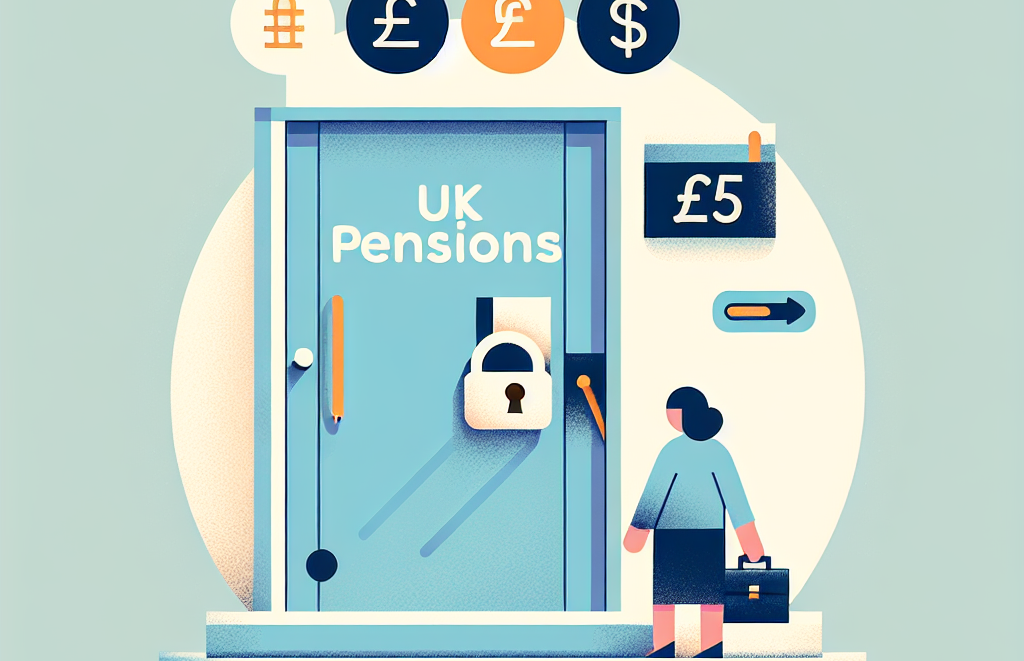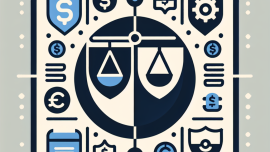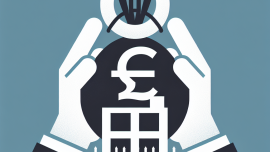
Are UK Pensions Transparent Enough? A Look into Fees and Access
How Financial Policy Shapes Your Wallet: A Look at Consumer Protection Laws
Ever feel like financial rules are written in some secret language designed to keep you confused? Trust me, you’re not alone. I’m Eleanor “Ellie” Cartwright, your go-to watchdog, advocate, and proud coffee-dependent policy nerd. Today, I’m taking you behind the curtain of financial policy — specifically, how consumer protection laws influence your daily money life. Spoiler alert: it actually matters more than you think.
What Is Financial Policy, Anyway?
Let’s unpack the jargon. Financial policy refers to the guidelines governments or institutions use to influence a country’s economy. This includes regulations on banks, interest rates, lending terms, credit cards, and more. When it’s done well, financial policy can create safety nets, empower consumers, and prevent economic roller coasters. When it’s not… well, remember the 2008 housing crisis?
Consumer protection fits into this picture like cream in your morning coffee — smooth, crucial, and meant to make your experience better. It’s the piece of financial policy focused on keeping you from getting crushed by hidden fees, predatory lenders, or deceptive advertising. Feel that spark of empowerment? That’s what I’m here for.
The Purpose of Consumer Protection Laws
Pretend for a minute that consumer protection laws don’t exist. You walk into a bank, sign a 20-page loan agreement filled with fine print you can’t decipher, and discover—after the ink dries—that your “low-interest” rate triples after six months. Yikes.
That’s exactly what consumer protection laws aim to prevent. These laws give financial institutions rules for fairness, transparency, and accountability—basically, they have to play nice.
Key Goals of Consumer Protection Laws:
- Transparency: Products must be explained clearly without misleading language.
- Fair terms: No hidden fees, surprise rate hikes, or predatory clauses.
- Access to information: Consumers are entitled to know their rights and receive disclosures.
- Protection from discrimination: Lenders can’t treat you differently based on race, gender, or other protected attributes.
- Mechanisms for complaints and redress: You have the right to be heard if something goes wrong.
The Titans of Consumer Protection in the U.S.
A few key players carry the weight of keeping the financial system fair for you and me. Grab your mental magnifying glass; we’re about to meet the sheriffs in this regulatory town.
1. Consumer Financial Protection Bureau (CFPB)
Established after the 2008 crisis, the CFPB is your financial big sister. It enforces laws around mortgages, credit cards, payday loans, and debt collection. They also maintain a complaint database, so if a company’s behaving badly, other consumers—and regulators—know about it.
2. Federal Trade Commission (FTC)
The FTC takes charge when marketing gets murky. If there’s false advertising or shady business practices, they’re on it. From fake credit repair scams to misleading loan promises, the FTC keeps companies honest, or at least, a little scared when they’re not.
3. Office of the Comptroller of the Currency (OCC)
The OCC regulates national banks to ensure safe banking practices. If a bank mishandles your money or bakes deceit into its policies, the OCC swoops in with the force of about a thousand compliance officers.
Real-Life Examples (a.k.a. “Why You Should Care”)
I love a good anecdote, don’t you? The proof is in the legal pudding—and here are some notable wins where consumer advocacy turned into consumer victory:
Wells Fargo’s Fake Accounts Scandal
In 2016, the CFPB slapped Wells Fargo with a $100 million fine for secretly opening millions of unauthorized bank accounts in customers’ names. Without consumer protection agencies, those accounts and fees might have quietly drained actual wallets. Instead, the system worked. Score one for the watchdogs.
Payday Lending Reform
Remember those 400% APRs on short-term loans? Thanks to consistent pressure from consumer advocates, several states passed limits on payday loan interest rates. The CFPB has also issued rules restricting how lenders can collect payments, especially when funds are low.
How Policy Changes Affect You—Yes, You
Now, let’s bring it home. Suppose Congress passes a rule reducing overdraft fees. That’s $35 back in your pocket every time your debit card dares go $0.01 over. Or say the CFPB mandates clearer credit card statements. Consumers are less likely to miss payments due to confusing due dates. These aren’t abstract policies—they’re real money lives, including yours.
More subtle, but just as powerful:
- Credit bureaus must now provide free weekly credit reports to help monitor fraud (thank you, pandemic-era consumer protection upgrades!).
- Student loan forgiveness came with terms clarified by oversight—no more fine-print surprises the size of your tuition bill.
- Buy Now Pay Later services are under scrutiny, closing loopholes that allowed instant debt without sufficient disclosure.
Policy shapes behavior. And whether you notice it or not, it’s also shaping your balance statement.
What You Can Do: Advocate, Educate, Activate
If your inner activist is tingling right now, you’re in good company. I’m a firm believer that consumer voices matter—especially when we use them smartly. Here’s how to channel your inner Ellie Cartwright:
- Stay informed: Follow updates from trusted sources that break down policy news (like Financeone).
- Use complaint platforms: File a report with the CFPB or FTC when you encounter suspect financial practices.
- Contact lawmakers: Bills don’t answer emails, but lawmakers do. Demand fair financial policy.
- Share your story: Lived experiences amplify change. Online forums, blogs, and even public comment sections on proposed regulations matter.
Final Thoughts (Or, Why I’ll Keep Fighting for You)
Financial policy isn’t about faceless bureaucracy—it’s about how your paycheck stretches, whether your loan is fair, and if your credit report tells the truth. So the next time someone tells you policy doesn’t impact them, just smile and ask if they’ve ever paid interest, filed a tax return, or opened a bank account. Because if they have, they’ve danced the invisible financial policy waltz, too.
Stay loud, stay informed, and don’t let fine print bully your bank account.
If you ever need to reach out, our team is always listening over at Financeone Contact.









Leave a Reply